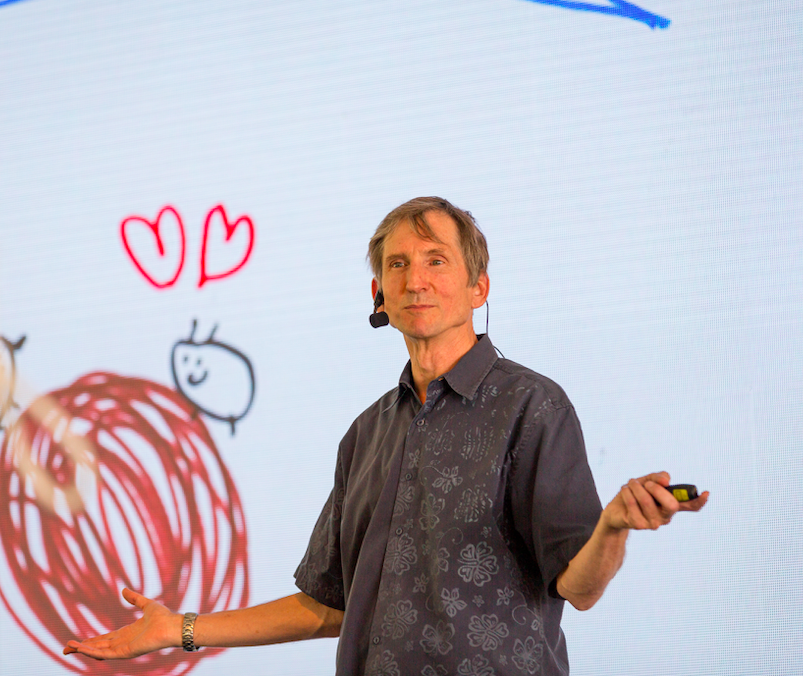for the
Beat Your Genes Podcast & More
Episode 68: Explaining enablers, dating with psychiatric disorders, and having grit
an auto-generated transcript
To get a shareable link to a certain place in the audio,
hover your mouse over the relevent text,
right click, and "copy link address"
(mobile: long press & copy link address)
Back to the top
🏃 👖
